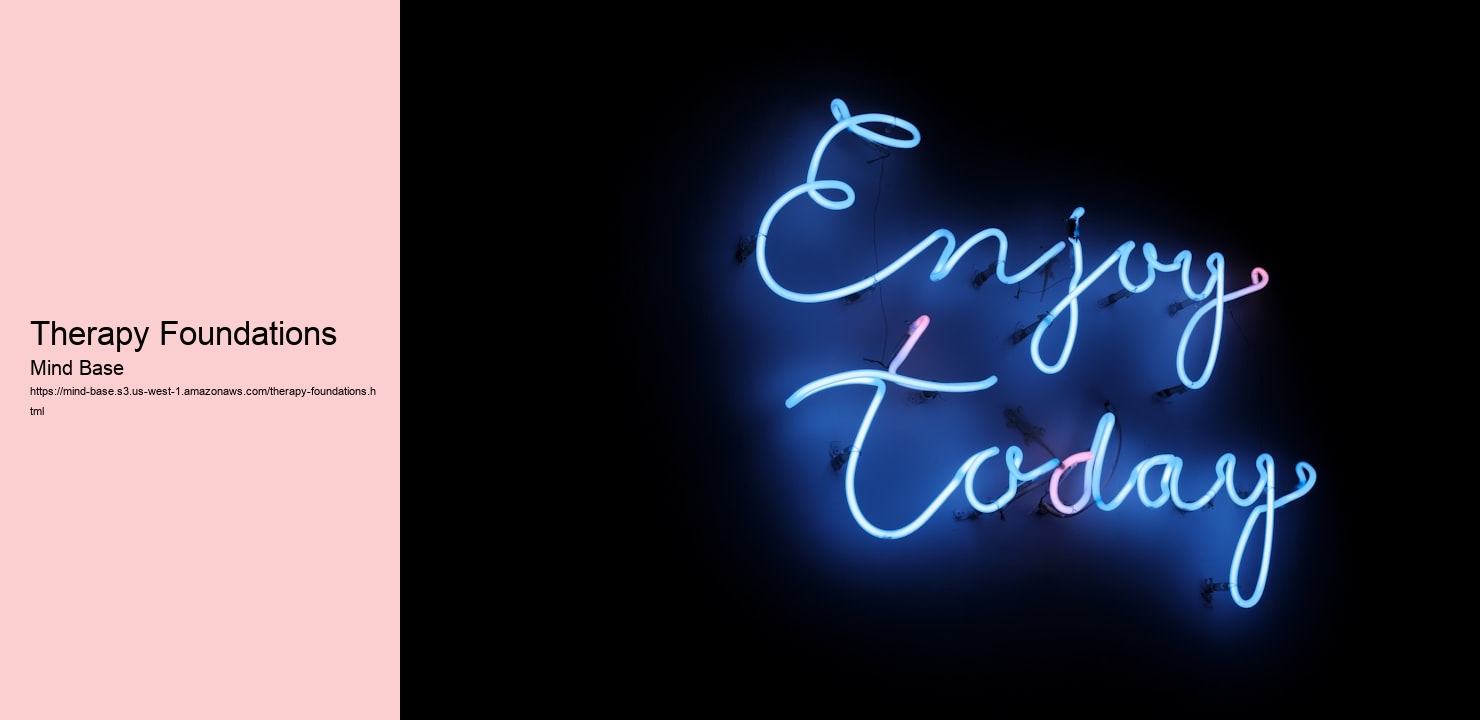
To put it short, focusing on brain health within therapeutic contexts offers individuals in Calgary a profound opportunity to enhance their overall quality of life. By engaging with skilled therapists who employ diverse methods tailored for unique needs-in combination with mindful lifestyle adjustments-residents can achieve robust mental well-being that supports both personal ambitions and communal harmony.
Emotional intelligence (EI) is a crucial component of mental health that plays a significant role in therapy, particularly in cities like Calgary where diverse populations bring unique emotional challenges. EI involves the ability to recognize, understand, and manage our own emotions as well as the emotions of others. For therapists in Calgary, fostering EI can be an effective strategy for helping clients navigate their emotional landscapes and improve interpersonal relationships. This skill set enables individuals to respond more effectively to stressors and enhances communication within personal and professional contexts.

In therapeutic settings, especially within the context of psychotherapy, EI is integral to achieving meaningful outcomes. Therapists in Calgary often incorporate stradegies that enhance emotional awareness as part of their treatment plans. By guiding clients toward greater self-awareness and empathy, therapists can help them develop healthier coping mechanisms and improve their overall emotional resilience. This approach not only addresses immediate psychological concerns but also equips clients with long-term skills for managing future challenges.
Calgary's multicultural environment presents both opportunities and challenges when it comes to understanding and managing emotions across different cultural backgrounds. Emotional intelligence aids therapists in creating culturally sensitive approaches tailored to individual client needs. By valuing diverse perspectives on emotional expression and management, therapists can foster an inclusive atmosphere where all clients feel understood and supported. This cultural competence is essential for building trust and facilitating more effective therapeutic interventions.
In effect this means that investing time in developing emotional intelligence is beneficial not just for individuals seeking therapy but also for the broader community in Calgary. As people learn to better understand themslves and those around them, they contribute to a more harmonious society where empathy prevails over misunderstanding.


Cognitive Behavioral Theory (CBT) is a cornerstone of psychotherapy practiced by therapists in Calgary and around the world. It focuses on identifying and altering negative thought patterns that influence behavior and emotions. By working with a therapist, individuals learn to challenge these cognitive distortions and develop healthier thinking habits. Stress Management CBT has been shown to be efficacious for treating various mental health issues such as depression, anxiety, and stress-related disorders.
Rooted in the work of Sigmund Freud, psychodynamic theory emphasizes the importance of unconscious processes and early life experiences in shaping behavior. Therapists employing this theory often explore past events to uncover hidden motivations influencing present actions. In Calgary, psychodynamic therapy might be sought after by those interested in gaining deep insights into their emotional struggles and long-standing patterns.
The humanistic approach prioritizes personal growth and self-actualization. This client-centered method, popularized by Carl Rogers, promotes an empathetic therapeutic environment where clients feel free to express themselves without judgment. In Calgary's diverse therapeutic community, this approach is valued for its focus on individual potential rather than pathology.
Behavioral therapy centers on modifying harmful behaviors through conditioning techniques such as positive reinforcement or systematic desensitization. It's particularly effective for phobias, addictions, and behavioral issues in children. Therapists in Calgary may incorporate behavioral methods within broader treatment plans to help clients achieve tangible changes in their lives.

Existential therapy delves into life's big questions-purpose, freedom, isolation-and how individuals find meaning amidst them. This philosophical approach encourages clients to confront existential anxieties head-on while fostering authenticity and self-discovery. In a bustling city like Calgary, where people often seek deeper understanding amid urban pressures, existential therapy offers a path toward meaningful engagement with life's challenges.
Acknowledging the impact of society and culture on mental health is crucial for therapists practicing in multicultural cities like Calgary. Sociocultural theories consider factors such as race, ethnicity, gender roles, and socioeconomic status when addressing psychological wellbeing. This holistic view ensures that therapeutic interventions are culturally sensitive and relevant to each client's unique background.

Mental health encompasses psychological, mental, and social health, influencing cognition, assumption, and habits. According to the Globe Wellness Organization (WHO), it is a "state of health in which the specific understands his or her abilities, can cope with the typical stresses of life, can function proficiently and fruitfully, and can contribute to his/her neighborhood". It furthermore determines just how a specific manages anxiety, interpersonal relationships, and decision-making. Mental wellness consists of subjective wellness, viewed self-efficacy, freedom, capability, intergenerational dependancy, and self-actualization of one's intellectual and psychological possibility, among others. From the viewpoints of positive psychology or holism, psychological health may include an individual's ability to appreciate life and to produce an equilibrium in between life tasks and initiatives to accomplish emotional durability. Cultural differences, personal ideology, subjective evaluations, and competing expert theories all influence how one defines "psychological wellness". Some early indications associated with mental health difficulties are rest irritation, lack of energy, absence of appetite, thinking of damaging oneself or others, self-isolating (though introversion and seclusion aren't always unhealthy), and regularly zoning out.
.Psychiatric therapy (additionally psychological therapy, talk treatment, or talking treatment) is the use of mental approaches, specifically when based upon normal individual interaction, to assist an individual modification actions, boost happiness, and overcome troubles. Psychotherapy intends to improve an individual's health and psychological health and wellness, to fix or minimize problematic habits, ideas, obsessions, ideas, or emotions, and to enhance connections and social abilities. Many types of psychiatric therapy have actually been created either for private adults, households, or kids and adolescents. Some types of psychotherapy are considered evidence-based for treating diagnosed mental disorders; other types have actually been criticized as pseudoscience. There are thousands of psychotherapy strategies, some being minor variants; others are based upon extremely different conceptions of psychology. A lot of techniques entail one-to-one sessions, between the client and therapist, but some are performed with groups, including couples and households. Therapists may be psychological wellness specialists such as psychoanalysts, psycho therapists, mental wellness registered nurses, scientific social workers, marriage and family specialists, or professional therapists. Psychotherapists might additionally come from a variety of various other histories, and depending upon the territory might be legitimately controlled, willingly controlled or uncontrolled (and the term itself might be safeguarded or otherwise).
.Therapy for stress relief in Calgary uses mindfulness and CBT to reduce tension effectively. Psychologists tailor sessions to address Calgary’s fast-paced lifestyle and unique stressors.
A psychologist in Calgary typically charges $100-$200 per session, depending on experience and specialization. Affordable options like sliding scales or direct billing are often available to ease costs.
Therapy for sleep issues in Calgary uses CBT to address insomnia and stress-related sleep problems. Psychologists teach relaxation techniques to improve rest for better health.